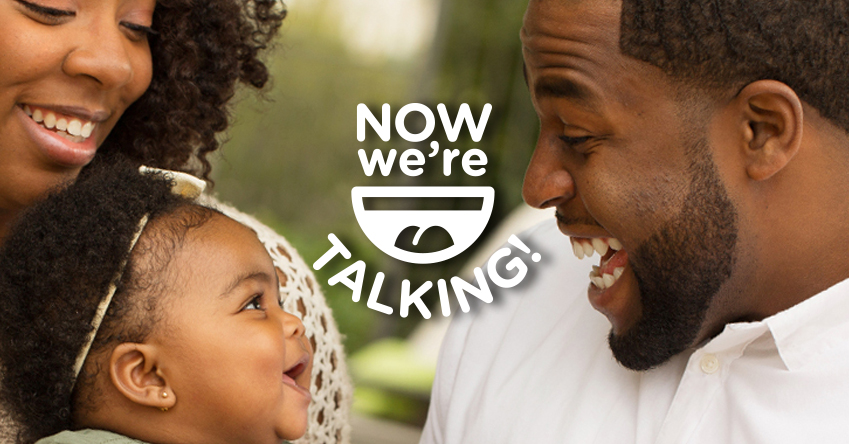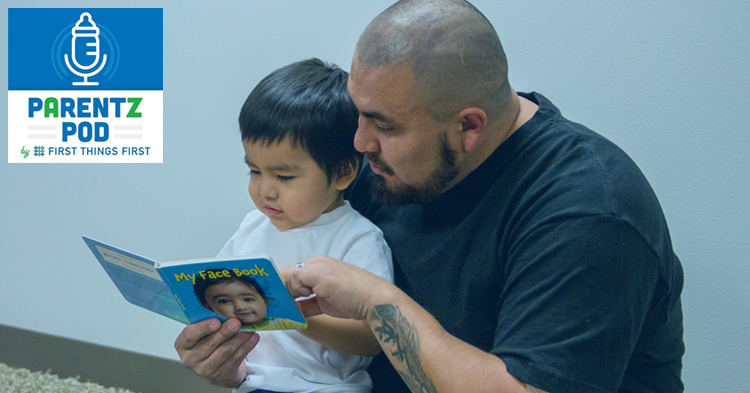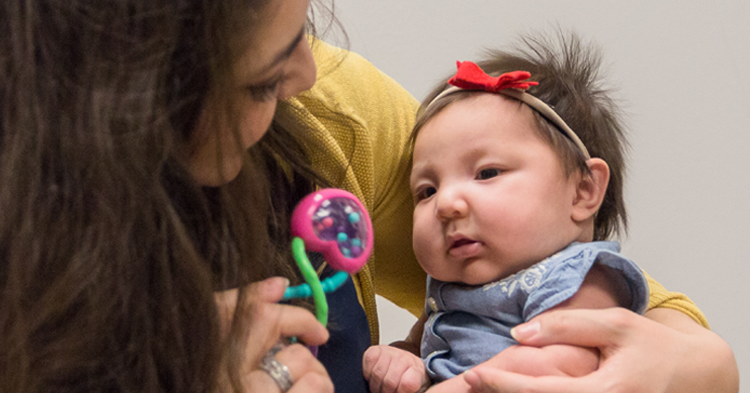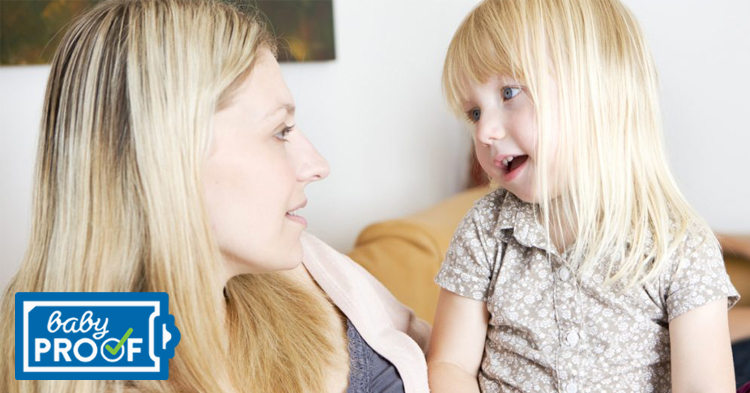
You’ve probably been told that the more words your young child hears the better. A recent study takes that a step further, showing that quality talk is better than just quantity.
As described in an article in Education Week, researchers at MIT, Harvard and the University of Pennsylvania recorded the conversations of 4- to 6-year-olds with their parents. The number of back-and-forth conversations parents had with their child boosted brain development more than the number of words the parents used.
Children who engaged in more conversation with their parents had more activity in the part of the brain responsible for language development as well as higher scores on language assessments.
These correlations were stronger than any found between the number of words heard and increased brain stimulation or the number of words heard and higher language scores. In simple terms, quality won over quantity.
The study’s senior scientist, John Gabrieli, an MIT professor of brain and cognitive sciences, told Education Week that conversation combines many important aspects of development.
“It’s not only the spoken language back-and-forth,” Gabrieli said. “It’s also when people talk to one another and really engage one another you’re activating the social brain, you’re activating the motivational and emotional brain. Conversations are such powerful experiences. They engage a lot of the brain and a lot of the mind of these children and help them develop.”
Things You Can Do
First Things First’s partner, Read On Arizona has some easy ways for parents to have quality conversations starting when their children are babies.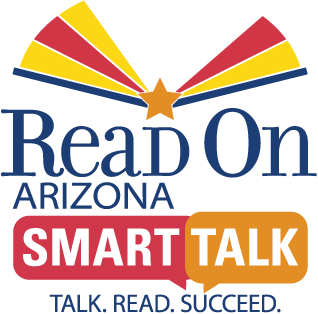
“Smart Talk” is having back-and-forth conversations with your child that are loving, responsive and introduce new words. It’s easy to do. Anyone can do it, anywhere, anytime. Here’s how:
- Describe: Talk about what you’re doing, where you are or what you see.
- Ask: Ask open-ended questions (who, what, where, when, why), even if your child can’t respond with words.
- Respond: Be sure to listen and respond to your child. Emphasize the back and forth in everyday activities by reacting to what your child does or says.
- Read: Reading children’s books is a simple way to introduce new and unusual words and build vocabulary.
- Repeat: Repeat words and/or echo what your child says and shows interest in.
See how easy “Smart Talk” is to do with your little one by watching some short videos on our Early Literacy page.



